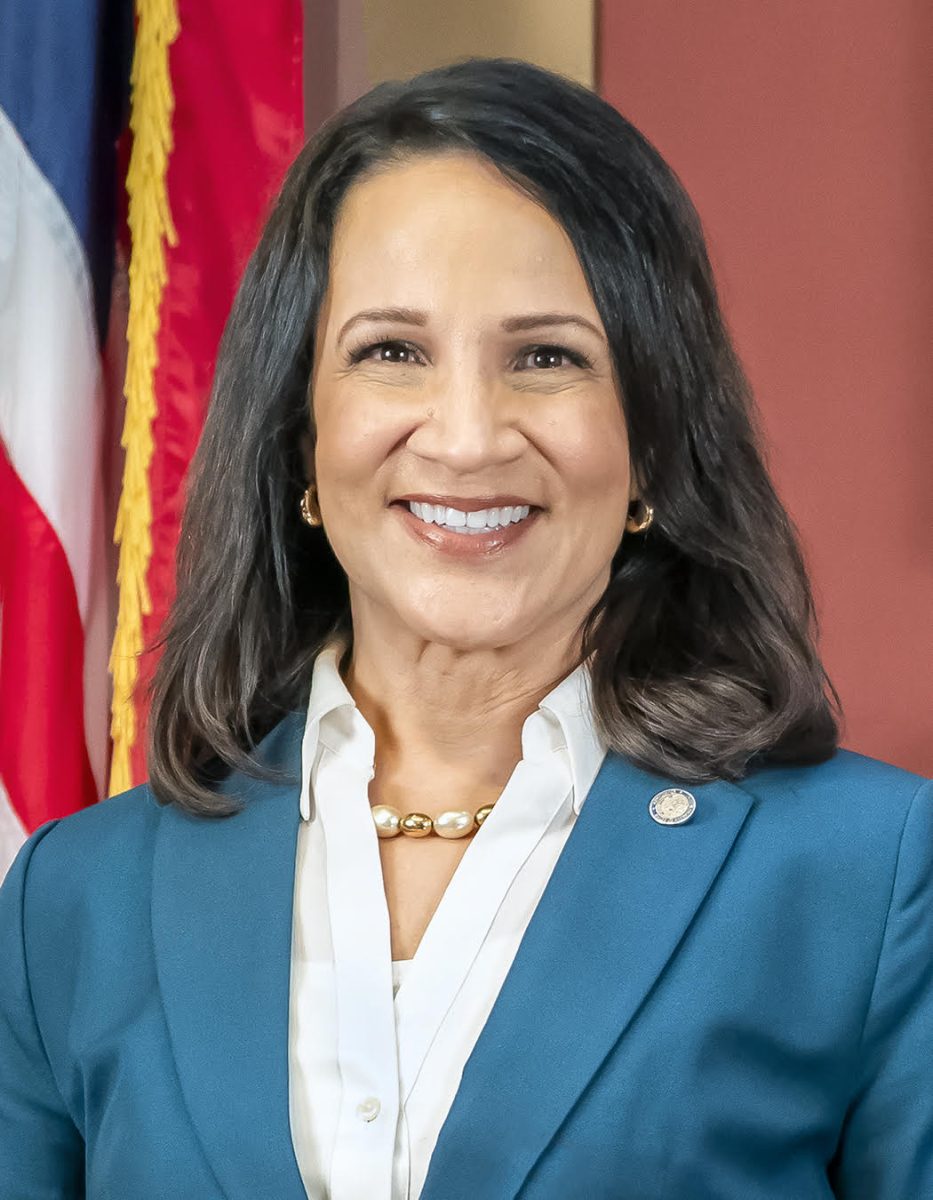A bill presented to state senators last week could establish a training program at the University of Minnesota that would help improve education for an under-served group in the state.
The legislation, authored by Sen. David Senjem, R-Rochester, was presented to the Senate higher education committee on Feb. 14. Under the bill, $250,000 would go to either the University or the Minnesota State system annually for a program to aid instructors of blind or visually impaired students. Senjem said the proposed program targets the state’s shortage of these instructors in K-12 and higher education.
“Somehow, the state of Minnesota, we believe, needs to step up and have some instructional place where this kind of training can occur,” Senjem said.
Senjem noted a high number of licensed instructors are getting close to retirement age. Minnesota does not currently offer this type of program, so individuals who wish to be trained for licensure have to go out of state.
Steve Jacobson, vice president of The National Federation of the Blind of Minnesota, said in his testimony at the committee meeting that a licensure program in the state would mitigate a shortage of teachers and help avoid “an impending crisis.”
“Without this instruction, [students’] chance at leading a full and productive life is diminished,” Jacobson said. “It is harder for them to get jobs, for them to attend an institution of higher education and in some cases even to graduate from high school.”
Senjem said while the bill would address an important issue in the state, the legislature can’t necessarily control whether the University or Minnesota State system takes on the program.
“It’s an economic thing, they just don’t have the number of interested people that are aspiring to do this kind of work,” he said. “It’s not something you do because it’s going to be financially viable for you.”
Stacy Ernst, director of the Office of Teacher Education at the University, said their office is currently focused on revitalizing the autism spectrum, developmental delay and learning disability programs. Ernst said the office would prioritize these areas over any new programs.
“Our attention is on revamping those programs,” Ernst said in the meeting. “So attention to a fourth program like this one would need to follow ramping up the three that we currently have suspended.”
This is the second year Senjem has brought the bill forward. It was included in the higher education omnibus bill last session but was eventually vetoed by former Gov. Mark Dayton.
Senjem said a bill with such a small funding allotment may have a good chance of passing this year.
“A bill as small as this, in terms of both money and impact, should be able to, I think, make it through,” Senjem said. “In the totality of everything we consider, it probably is not significant, but that doesn’t mean it’s not important.”
The bill was laid over for possible inclusion in the higher education omnibus bill, which will be heard later this legislative session.








